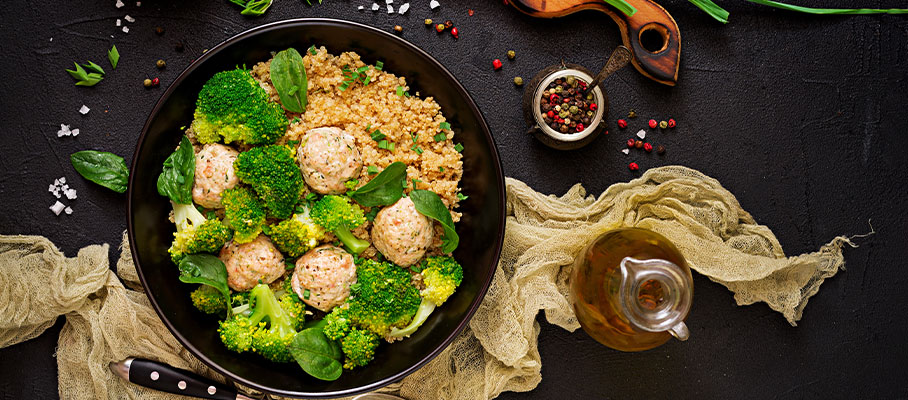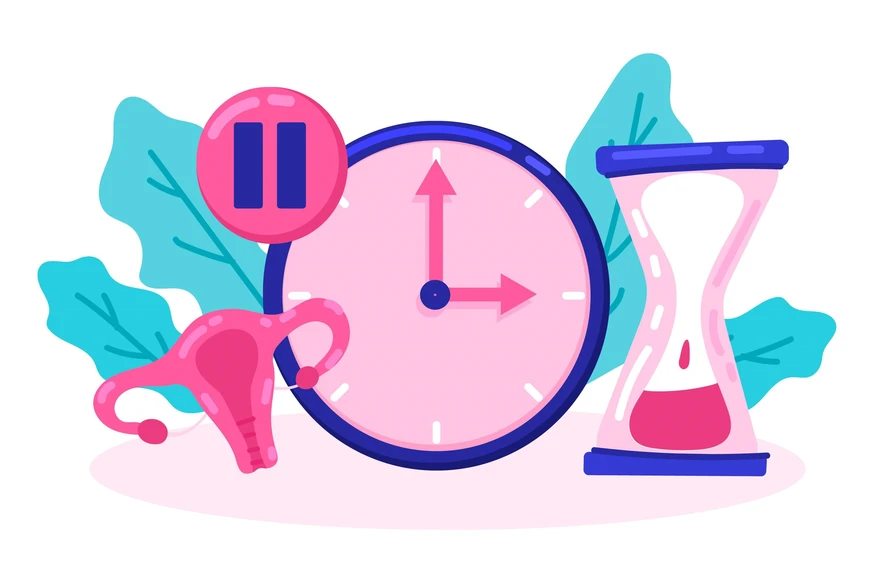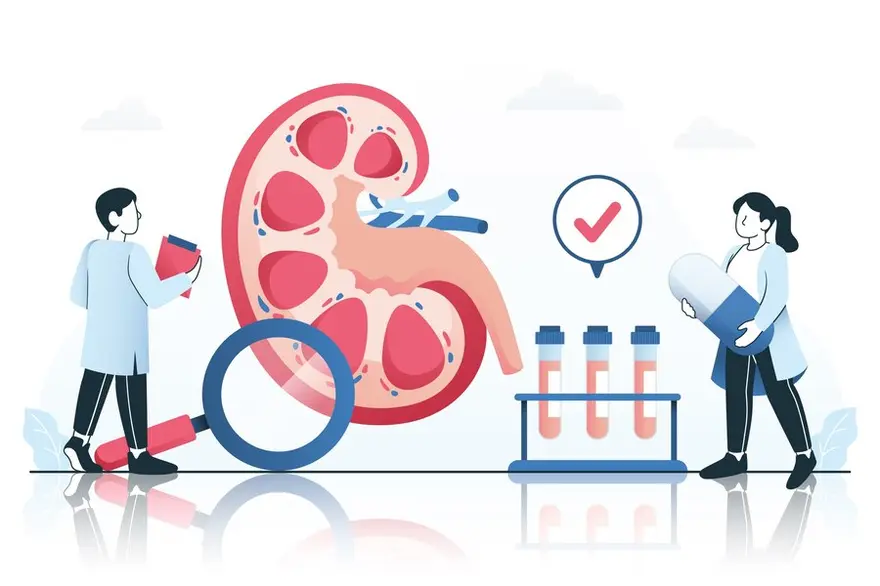Health Test
What to eat and what not to if you have kidney disease
29057 Views
1

Kidneys are one of the vital organs needed by your body for survival. These bean-shaped organs on the sides of the spine help in removing waste and filtering your blood. They are also responsible for performing important functions like releasing hormones to control blood pressure, balancing fluids in our body, cleaning our blood from waste products, etc. When functioning normally, these fist-sized powerhouses filter 200 liters of blood each day, producing around 800-2,000 mL of urine (with 2 liters of water intake). There can be a few unattended reasons that could lead to this vital organ’s damage. Apart from diabetes and high blood pressure, obesity, smoking, genetics, and sometimes age factor also are some factors that contribute to kidney damage. It is surprising to know that 10% of people globally suffer from some or the other form of chronic kidney disease.
The best way to keep track of your kidney health is to get a kidney function test done. Book your test now (your kidneys will thank you later!)
Book Kidney Function Test Here
Diet for kidney disease
Making healthy food choices is important for all of us, but it is significantly important for people with chronic kidney disease. If the kidneys are not functioning up to their maximum capacity, there can be problems in waste secretion, leading to the waste being built up in the blood. In order to help the kidney perform the function of getting rid of toxins and excess fluid from our body, a kidney-friendly diet can be an approach to follow. The dietary changes vary depending on the level of the damage done. For people with advanced kidney problems, the restrictions are more; the diet simply helps decrease the amount of waste in the blood and boosts the kidney to perform its functions optimally. This kind of diet is also known as a renal diet.
Broadly speaking, it is recommended that people with kidney disease should take the right amount of proteins, calories, vitamins, and essential minerals while cutting down on sodium, potassium, and phosphorus.
Given below are some foods that people with kidney disease should include in their diet:
Garlic- Since people having kidney issues have to lower their salt intake, eating garlic serves as a nice alternative, making the food delicious and flavourful and at the same time providing added benefits of vitamin C, vitamin B6, and sulfur.
Olive oil- Olive oil is always considered a healthy choice for cooking, thanks to its anti-inflammatory properties due to oleic acid and low phosphorus and sodium content.
Cabbage- This leafy vegetable from the cruciferous family is a storehouse of essential vitamins such as vitamin K, vitamin C, and vitamin B. It helps in regular bowel movements and is considered good for your kidney.
Cauliflower and broccoli- Being low on sodium and phosphorus, this can be used as an alternative for potatoes in mashed form. Cauliflower contains vitamin C, vitamin K, and vitamin B acts as a good source of fiber and has anti-inflammatory compounds like indoles.
Onions- When on a renal diet, your sodium intake falls. Sautéed onions with garlic in olive oil add flavor to an otherwise tasteless dish and give you the essential dose of vitamin C, vitamin B and has prebiotic fibers that keep the digestive system running and healthy.
Radish- Eating salads with radish during winters is a delicious way to get all the essential vitamins and rich nutrients. Radish is not just a boon for kidney problems but also helps with cataracts and heart diseases.
Pineapple- Pineapple is a tropical food low in potassium and high in fiber, manganese, and vitamin C. It contains bromelain which is an enzyme that helps in inflammation reduction.
Macadamia nuts- Peanuts and almonds might be rich in phosphorus and not recommendable in the renal diet, but macadamia nuts are healthy and loaded with magnesium, copper, and healthy fats with vitamin B.
Not aware of your current sodium, potassium, and other electrolyte levels? Stay in the know with our electrolytes test.
Here are some foods that you should avoid if you are suffering from any form of kidney disease:
Soda- Sodas are not only high in sugar and calories but also have phosphorus in large amounts as many manufacturers add them for enhancing the flavor. Therefore when following a renal diet, soda should be avoided as far as possible.
Whole wheat bread- Though considered rich in fiber and healthier, some experts advise people undergoing kidney disease treatments to opt for white bread. Bread also contains sodium, so it is best to eat it less when on a renal diet.
Bananas- What otherwise are considered a very healthy source of potassium, on a renal diet bananas are not a very wise choice, instead one can go for pineapples among other tropical fruits.
Tomatoes: Following a renal diet limits a lot of food options for a person. Tomatoes are present in many dishes, and contain a lot of potassium not suitable for individuals on a renal diet; any alternative to it has to suit the taste buds as well.
Dates and raisins- To make sure your potassium levels are maintained, dried fruits are not recommended. They contain potassium that can hamper the renal diet and hence should be limited to a certain extent if not completely avoidable.
Pickles- Pickles or processed olives are very high in sodium, as they are fermented so that they taste less bitter.
Processed meat- Also considered unhealthy because of its preservative content, it is loaded with sodium and proteins. Consumption in check works well for processed meats.
Canned food- Beans or soups or veggies that are canned are convenient when on the move, but may not work in favor of your kidney. They are rich in sodium and are best to overall reduce their purchase or find better and fresher alternatives for the same.
Apart from providing the necessary fuel to the body, what you eat also forms the building blocks for your cells. You really are what you eat, and your food can, and does affect your health in multifold ways. When you have chronic kidney disease, one way to feel better and protect your kidneys is to take a fresh look at what you eat. It cannot be stressed enough how important it is to discuss with your doctor to understand all that you can do for the kidneys to function well. The list of diet dos and don'ts mentioned above may seem a little daunting at first but when you see the effects, they are paramount. Learning how to infuse different spices and seasonings in your dishes can help you reduce your salt intake. Your dietary needs may continue to shift and will require monitoring if your kidney disease progresses. Start by making small changes to your diet today!
 Home Visit
Home Visit Upload
Upload














1701259759.webp)









 WhatsApp
WhatsApp
S GOWRISHANKAR
28 Apr 21 10:30 amThank you for sending this useful article. Please keep advising us regarding measures to be taken for kidney patients